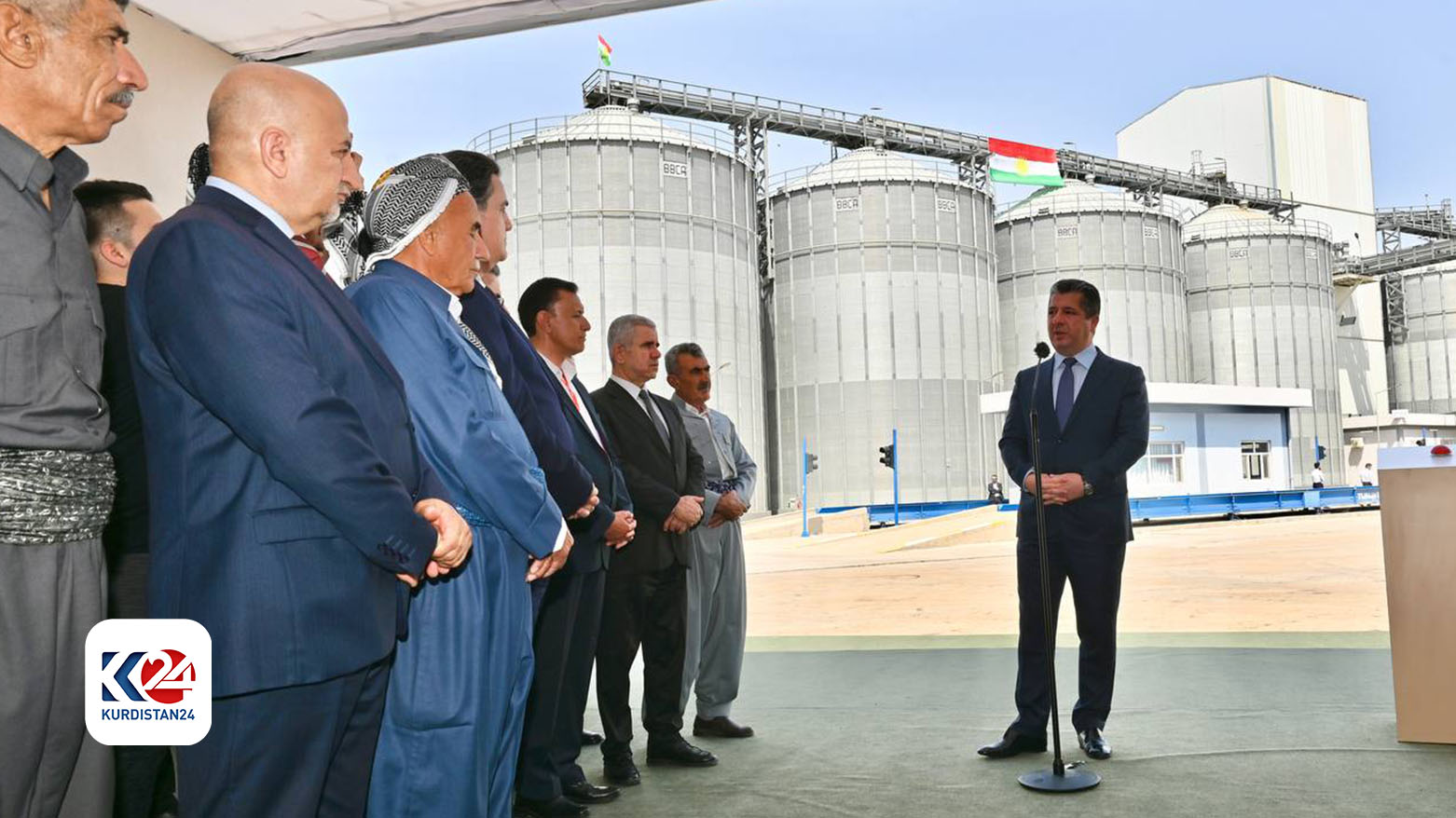Kurdistan Region's Agricultural Renaissance: From Oil Dependency to Export Diversity
Since his 2019 inauguration, Kurdistan Region Prime Minister Masrour Barzani has prioritized agricultural revival and export market expansion.

Nov. 16, 2024
ERBIL (Kurdistan24) - The Kurdistan Region boasts extensive agricultural potential with over 1.5 million hectares of arable land and 56,000 hectares of orchards, irrigated by five major rivers, producing more than 2.5 million tons of agricultural products annually, according to the Ministry of Agriculture and Water Resources.
Since his 2019 inauguration, Kurdistan Region Prime Minister Masrour Barzani has prioritized agricultural revival and export market expansion.
At the Atlantic Council's Global Energy Forum in 2022, Barzani emphasized his government's initiatives to diversify the Region's economy beyond oil dependency, focusing on agriculture, manufacturing, and services sectors.
The Ninth Cabinet's Strategic Achievements:
Infrastructure Development:
- Road paving in over 200 villages
- Extension of national electricity grid to rural areas
- Construction of dams and water reservoirs
Strategic Silo Projects:
- Erbil (Qushtapa): 40,000-ton capacity, 21 billion dinars investment
- Sulaimani (Kalar): 40,000-ton capacity, 20 billion dinars investment
- Duhok (Bardarash-Rovia): 40,000-ton capacity, 18 billion dinars investment
- Halabja: 40,000-ton capacity, 26 billion dinars investment
Industrial Growth:
- 977 new factory licenses issued in five years
- Total of 4,547 licensed factories
- 7,227 local companies
- 216 foreign company branches
- 358 Iraqi company branches
- Total: 7,801 registered companies
Agricultural Development:
- 30,000 greenhouses constructed
- 3,813 farmers benefited
- 6,000 potato processing facilities
- 11 diverse agricultural processing plants
- 101 cold storage facilities
Export Success:
The Region has begun exporting various agricultural products including rice, sumac, tahini, pomegranates, honey, apples, and potatoes to the UAE, Gulf markets, and European countries. Agricultural investment has increased from 1.8% to 8% over the past five years.
This agricultural expansion represents a significant shift in the Kurdistan Region's economic strategy, moving away from oil dependency towards a more diversified economy.
The initiative has not only boosted rural development but also created employment opportunities for both rural and urban populations, marking a reversal in rural-to-urban migration patterns.
Despite political challenges with Baghdad, the KRG continues to pursue economic diversification through agricultural and industrial development.
Further reporting was done by Kurdistan24's correspondent Muzafar Mzuri.